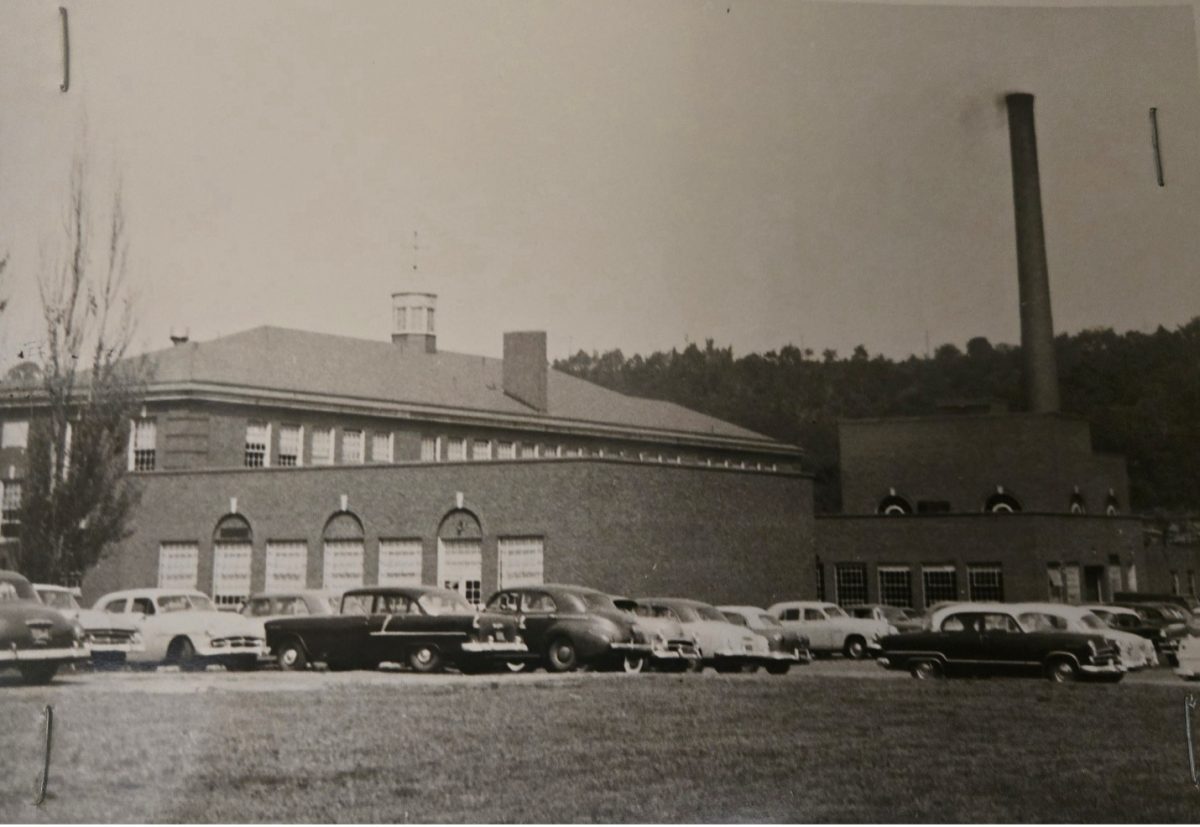Governor Josh Shapiro has unveiled a comprehensive blueprint for higher education in Pennsylvania. This new public higher education plan for Pennsylvania will assess competitiveness, workforce voids, and support accessibility and affordability. This plan is based on Higher Education Working Group recommendations and evaluates efforts to allow all Pennsylvanians to ultimately control their destiny and have viable opportunities for success.
In an April 6 Facebook post, Shapiro said, “Nobody should be okay with Pennsylvania ranking 49th in the nation for state investment in higher ed. Our students deserve better.”
The proposal includes $1,000 grants for all students, performance-based funding for colleges, and perhaps most notably, merging the state’s 15 community colleges with the 10 four-year universities of the Pennsylvania State System of Higher Education.
Pennsylvania’s community colleges currently operate independently under local control. They are underfunded, and there is a lack of cooperation between institutions causing increased costs for students. Consolidation of independent community colleges has become a popular solution in many states.
Penn West California’s Interim President Laurie Bernotsky said, “Student affordability is a top priority for everyone, which is why PASSHE is seeking increased funding to allow us to freeze tuition again next year. Seven years at the same tuition rate would be a tremendous accomplishment in higher education and great news for our students and their families.”
Governor Shapiro’s higher education overhaul has received a positive initial response, but there are concerns about the lack of specifics.
The plan’s success depends on its implementation and the legislature’s support. The blueprint is vague, and critics argue that it needs to be clarified. Quintin Bullock, president of the Community College of Allegheny County, believes joining a community college system could be beneficial, despite lacking important details. Potential benefits could positively impact students, including reduced costs, streamlined transfer to four-year institutions, and expanded credentials.
“We are in the early phases of the discussions. It’s open to everyone to talk and contribute to the dialogue and plan,” says Bullock. “It’s a good time to be engaged in this challenging, but needed, discussion.”
Community college students struggle with credit transfer issues when transitioning to universities. Despite the hard work of dedicated transfer counselors, not all credits seamlessly transfer, causing setbacks and delays in degree completion. This creates frustration and financial burden for students who have invested time and effort in their community college education. As Shapiro’s blueprint takes shape, it is crucial to prioritize policies and practices that ensure smooth credit transfers and minimize disruptions for students.
University of Pittsburgh Junior Ricky Brooks transferred to the university from CCAC last fall. He is optimistic about the governor’s plan. He hopes that it will help students bridge the culture gap between community colleges and universities.
“The adjustment from a small community college to a larger public research institution has been a bit different and perhaps this new system they are working on will help with this,” Brooks said.
It is also important not to overlook the invaluable contributions of the Pennsylvania Commission for Community Colleges and it’s All-PA Academic Team scholarships. The Commission plays a crucial role in advocating for community colleges and coordinating efforts to improve access and affordability for students.
The All-PA Academic Team scholarships recognize outstanding community college students, providing them with financial support and recognition for their achievements. Any changes to the higher education landscape should preserve and strengthen these initiatives to ensure continued opportunities for success. There is no telling where the governor’s blueprint would leave the commission, and the Pennsylvania Commission for Community Colleges could not be reached for comment.
Shapiro’s blueprint for higher education in Pennsylvania holds promise for addressing long-standing issues and improving outcomes for students. However, it is essential to remain vigilant and ensure that the blueprint prioritizes key concerns such as credit transfer issues and the transition from community college to university. Additionally, the value of existing programs, such as the Pennsylvania Commission for Community Colleges and the All-PA Academic Team scholarships, should be recognized and preserved. By doing so, we can create a higher education system that truly supports the diverse needs and aspirations of Pennsylvania’s students and fosters their success.













